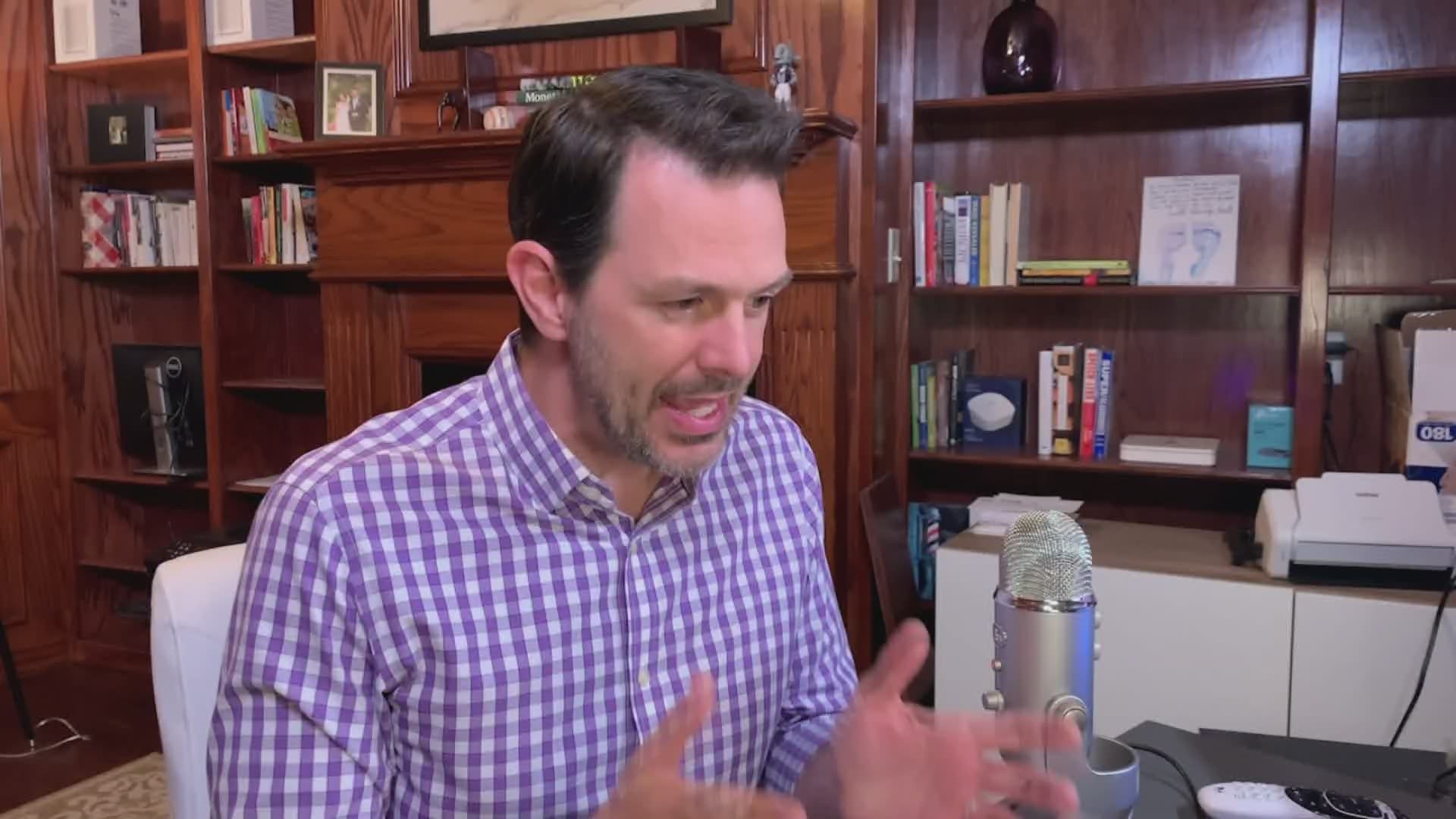This period of isolation has been difficult for so many of us. But for some who are isolating alone, it can be even more challenging.
“We definitely are wired for companionship and wired for community,” said Dr. Brad Schwall from The Center for Integrative Counseling.
I know my time at home has been difficult. I’m juggling the constant stresses of managing work and family life while navigating the realities of coronavirus without access to traditional childcare.
I can’t relax with family and friends or go out for anything that’s not essential. Schwall says it’s okay to acknowledge how hard that is for anyone, much less for someone who may be single or otherwise spending this time at home alone.
“People have experienced isolation, loneliness, the fatigue of, even if they are interacting, it being virtual, which is less satisfying than being in person,” he said. “It’s okay to be upset or overwhelmed or sad.”
That validation can be key to keeping tabs on one’s mental health, Schwall said. He stresses that maintaining our mental health is just as important as physical health.
And he reminds us that this doesn’t have to be a time filled with negativity.
There are many positives to having time alone to ourselves and opportunities for fulfillment.
He recommends journaling, reading, devotional time or exercise as great ways to cope with the distance from others.
But just because we have to be physically distant doesn't mean we have to be socially distant from each other and not interact, he explained.
“Look to past friendships that you’d like to check in on. If you have older family members, get them used to FaceTime. Think about areas of interaction outside of what you normally do.“
And Schwall wants people to remember that this, too, shall pass.
“Life is a process and full of phases and stages that may be difficult,” he said. “But in the end, we can be resilient and we can look back on what we’ve learned and then also celebrate the good things about where we are at that time.”

